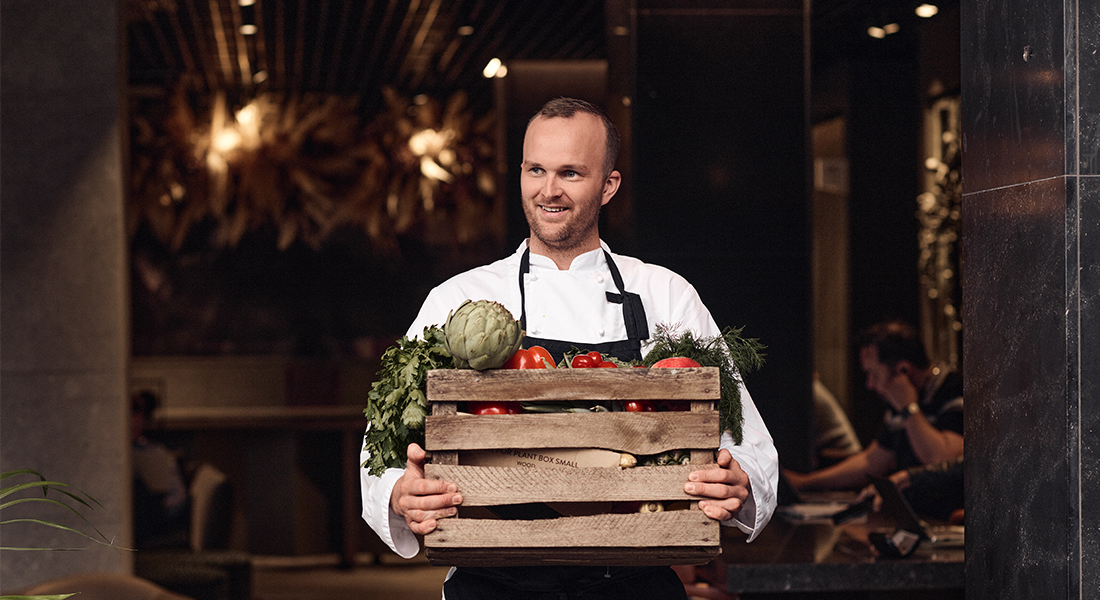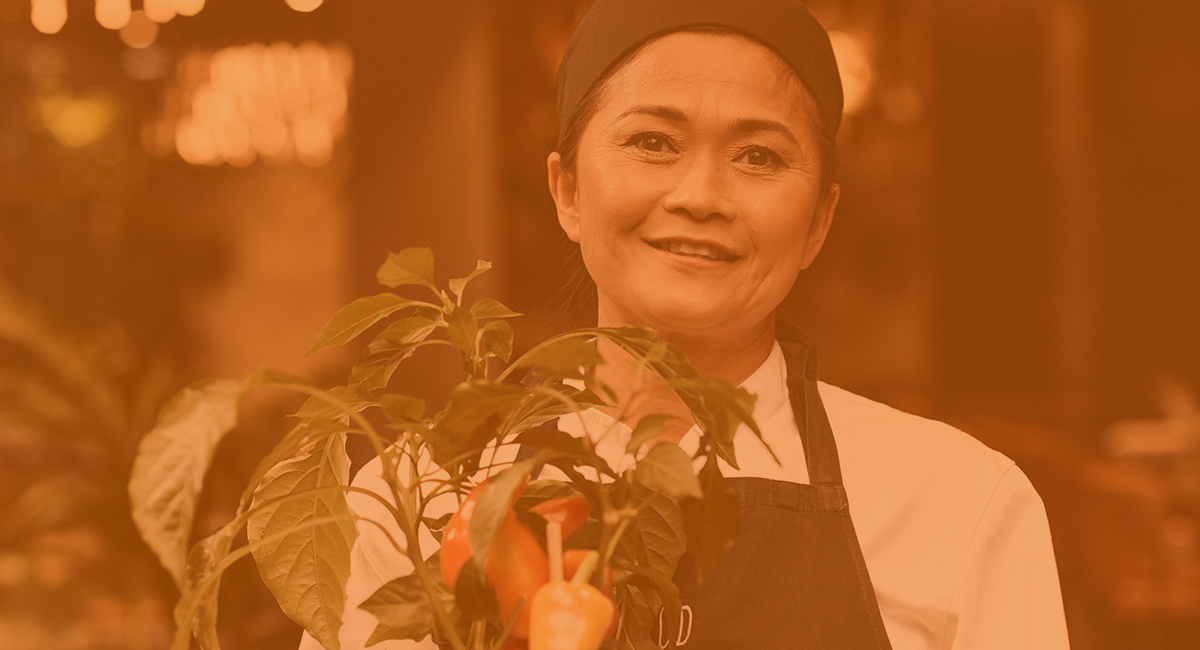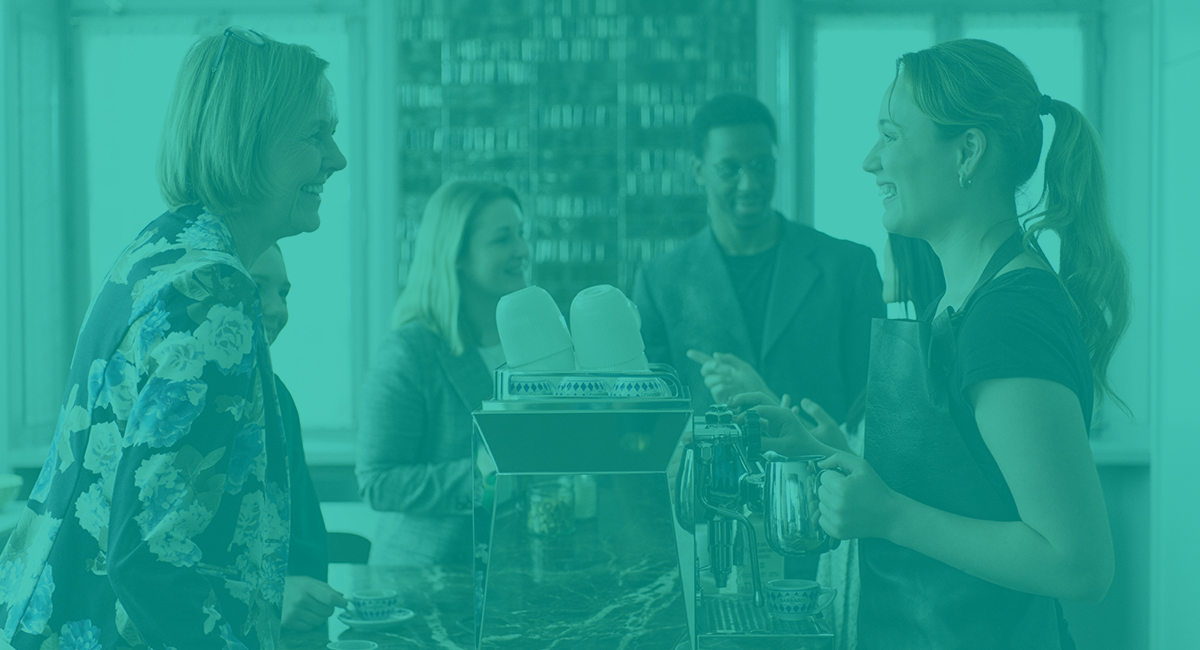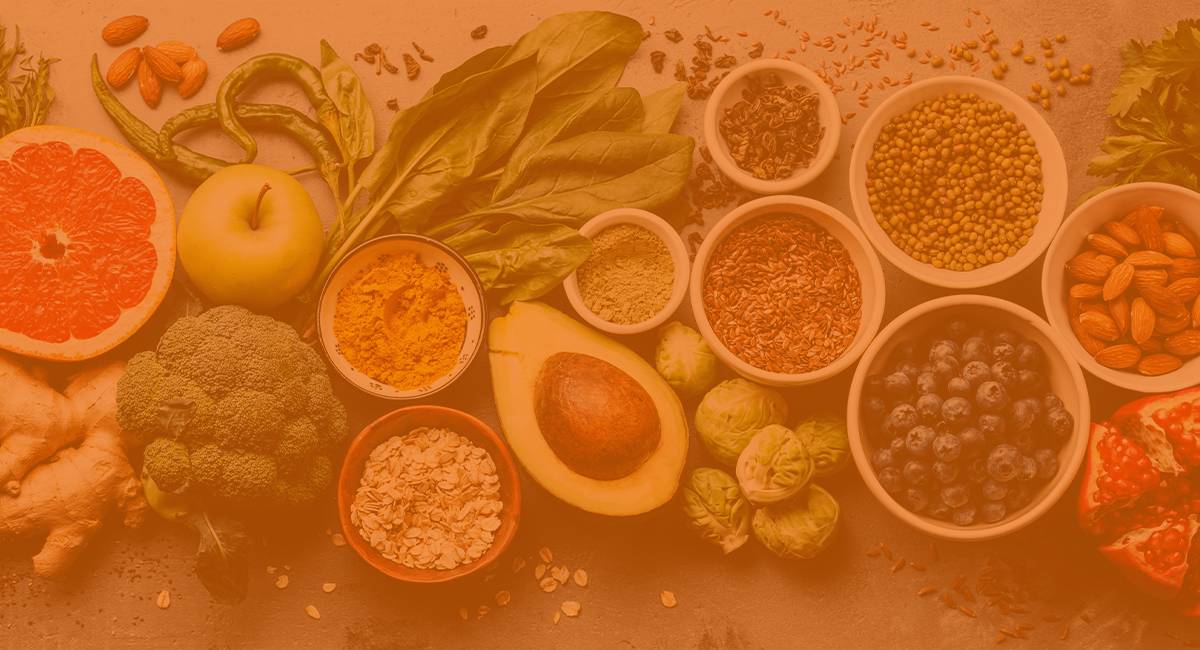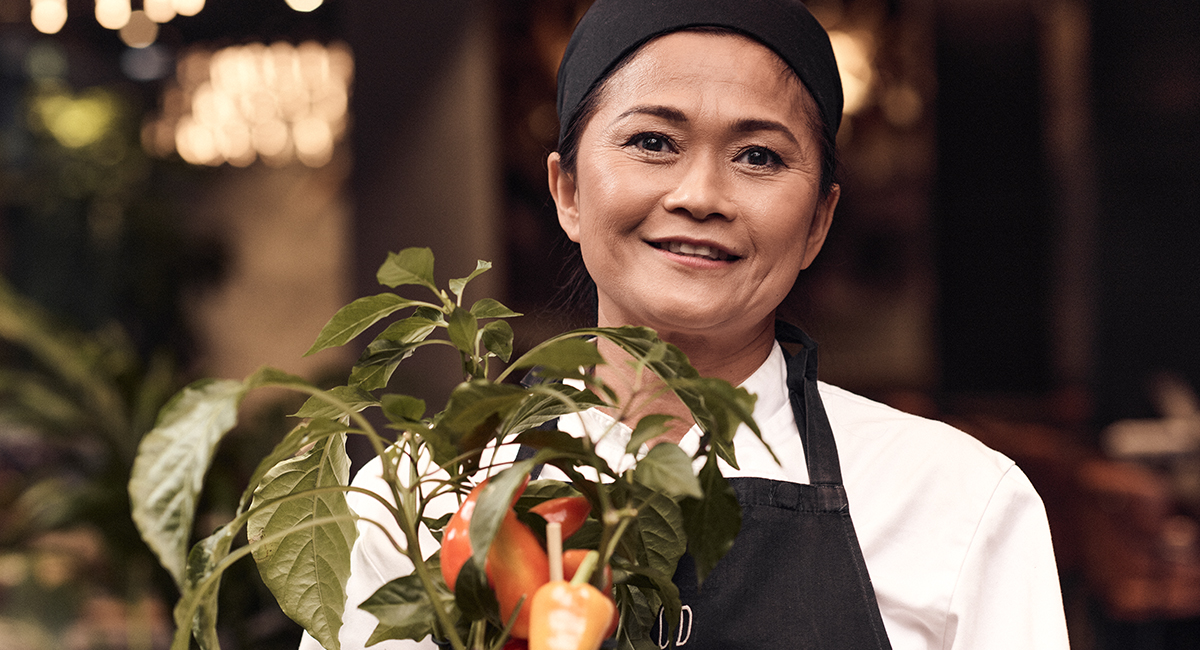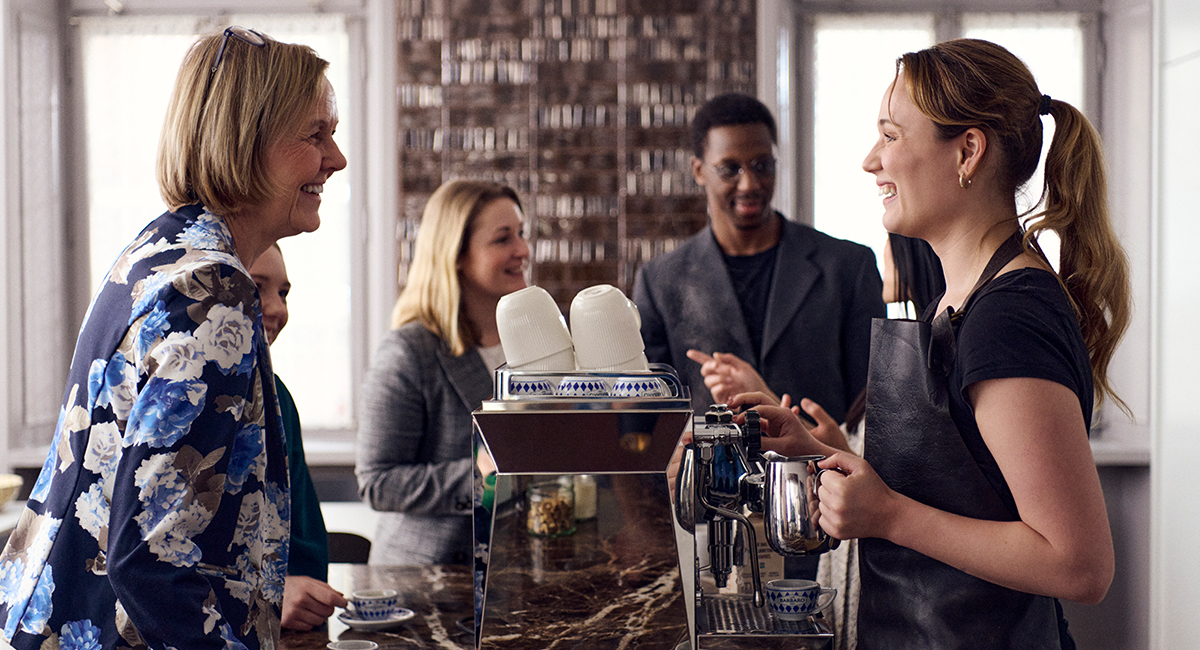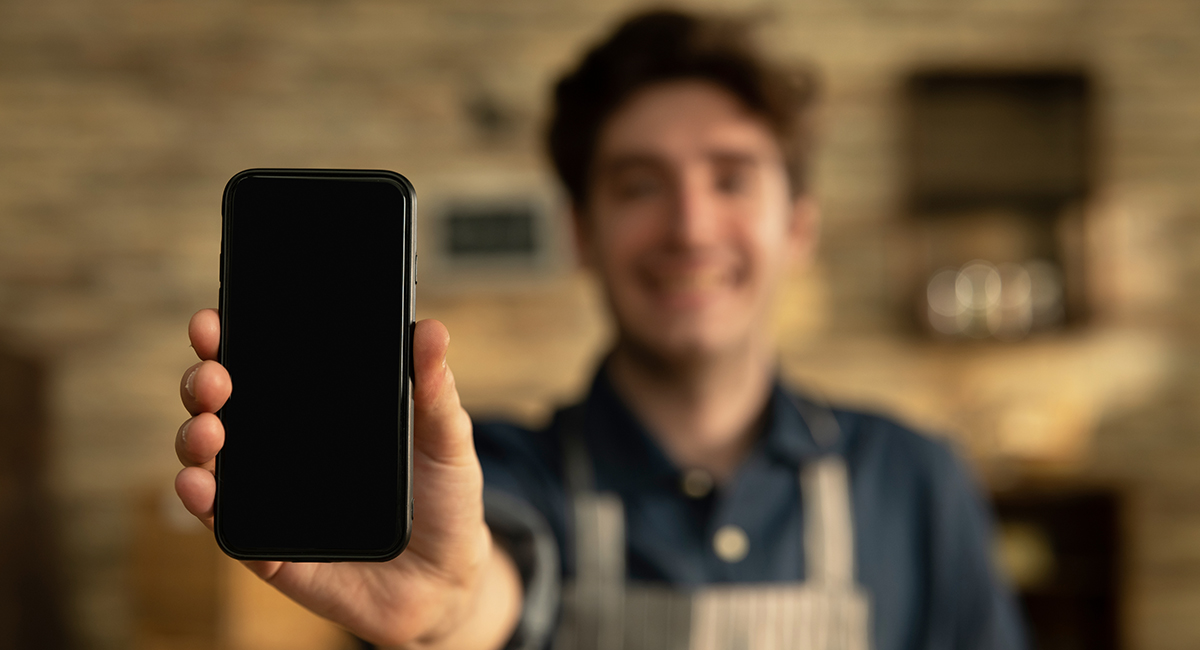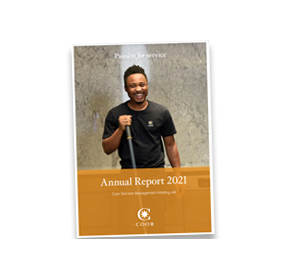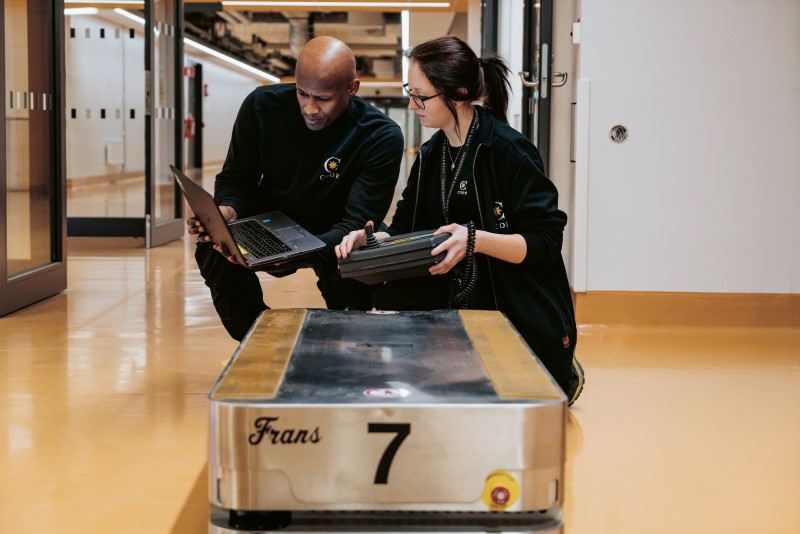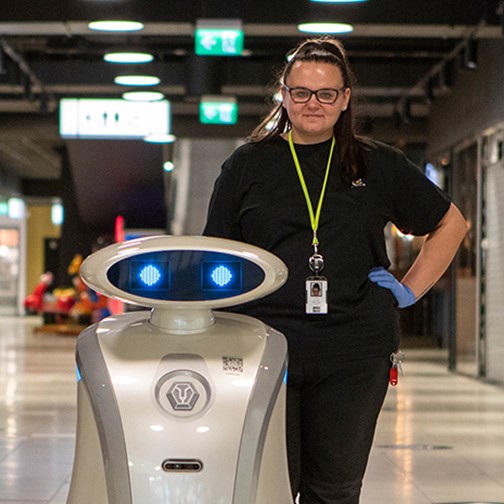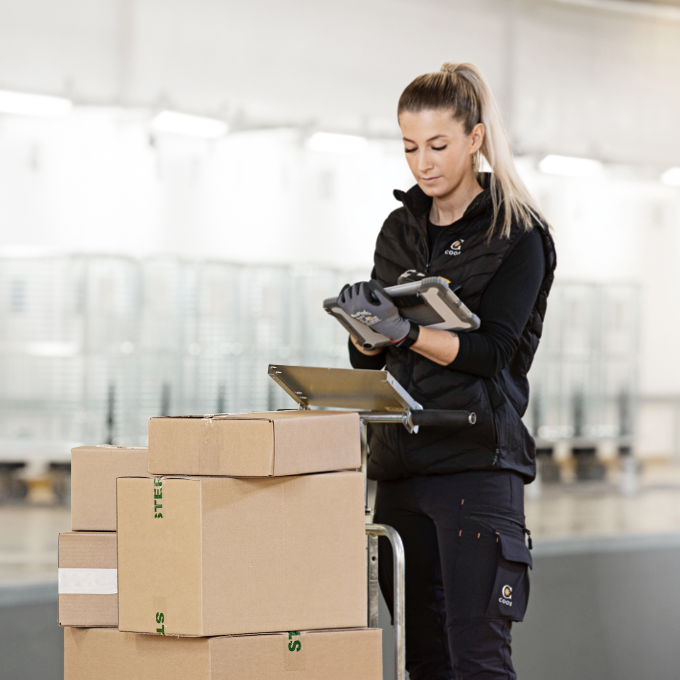Digitalisation provides a better experience
We have long been able to look at menus and order food online. We are used to ordering what we want to eat, deciding if we want to have the food delivered or pick it up at a certain time and paying at the same time as placing our order. It is also increasingly common for restaurants to provide us with detailed information on the nutritional content of the food and the origin of the ingredients. There is also a plethora of services where guests can share experiences, photos and reviews from their restaurant visits. In other words, digitalisation has shortened the distance between restaurants and customers and the time we need to wait in line.
With digitalisation, we have also seen an increase in food-related apps. These often have a high degree of personalisation with targeted tips and discounts based on searches and previous purchases and other types of loyalty programs. In recent years, we have also seen an increase in apps that reduce food waste by selling food that is about to expire or leftover lunch boxes at a lower price.
Today, we offer digital tools that can measure the carbon footprint of individual meals and how it is affected when we replace ingredients. Data that both we and our customers need in order to switch to more environmentally friendly alternatives. To meet the climate challenges we face, such development is important and new technology will accelerate it.
AI is a technology that is already being used and will eventually give us an even better experience from several different perspectives. With the help of AI, we can more easily get tips and recipes that match our personal preferences or culinary orientations, more quickly calculate and analyse what dishes to offer based on factors such as carbon footprint, popularity and food waste.

